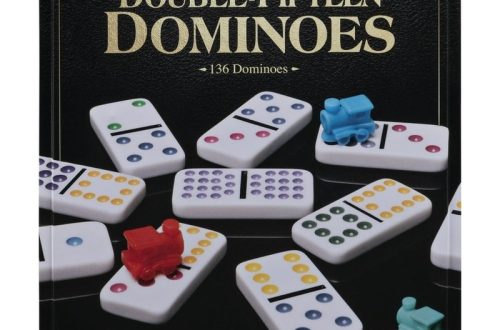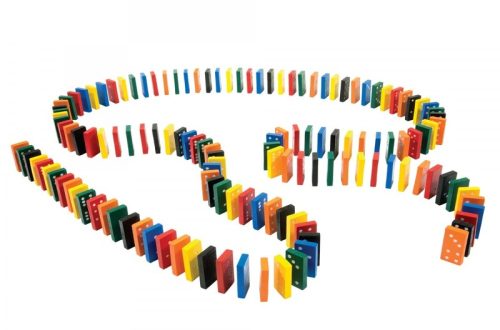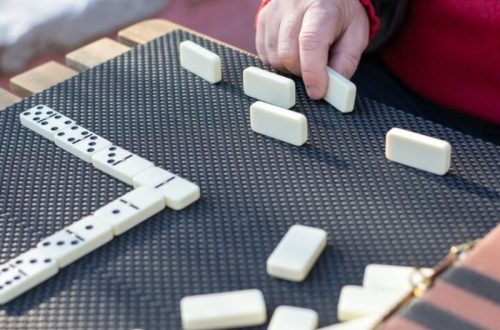Clue, a captivating whodunit board game, challenges players to become master detectives. Unravel the mystery by identifying the killer, the murder weapon, and the location of the crime. This guide unlocks the game’s secrets, equipping you with essential rules and winning tips.
Part 1: Unveiling the Mansion
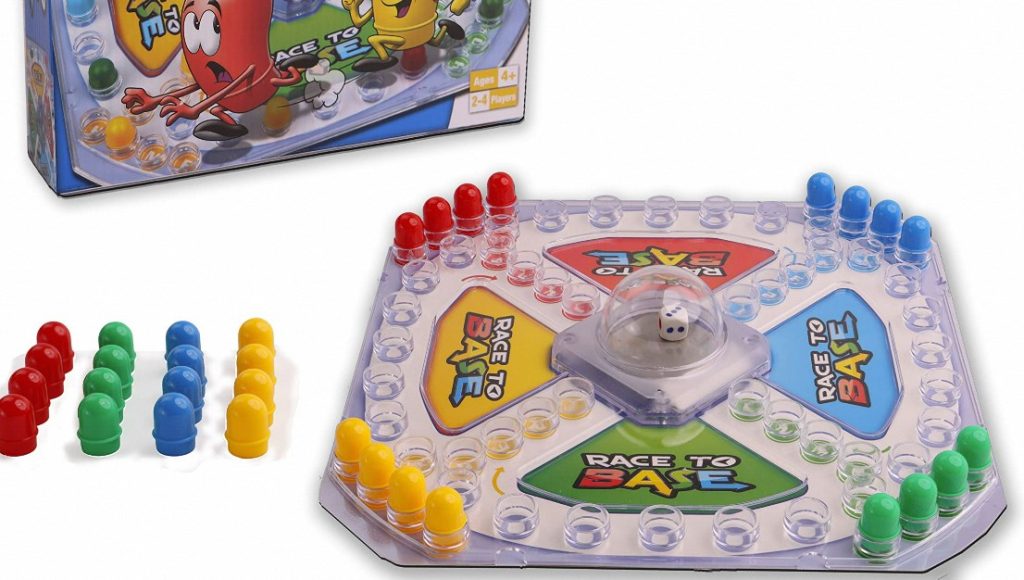
Setting the Stage:
Gather your fellow sleuths (3-6 players) and choose your detective pawns. The mansion board features six suspects (like Mrs. Peacock and Mr. Green), six murder weapons (like the Revolver and the Lead Pipe), and nine rooms (like the Billiard Room and the Kitchen). Shuffle the suspect, weapon, and room cards, dealing one card each face down to every player. These cards represent the true culprit, weapon, and crime scene, but remain hidden throughout the game. Place the remaining cards in the center of the board – these are the vital clues you’ll uncover during your investigation.
Taking Your Turn:
The game progresses clockwise, starting with the player who rolls the highest number on a die. On your turn, roll the die and move your pawn along the mansion’s colored hallways. Movement is restricted to horizontal and vertical paths. Reaching a room allows you to make an accusation, but the real intrigue lies in gathering clues. To achieve this, you can either: (a) Suggest a suspect, weapon, and room combination (e.g., “I believe it was Mrs. Peacock in the Billiard Room with the Revolver!”) or (b) If you’re currently in a room, make a secret suggestion based on your location (e.g., being in the Kitchen allows you to suggest a weapon that couldn’t be there).
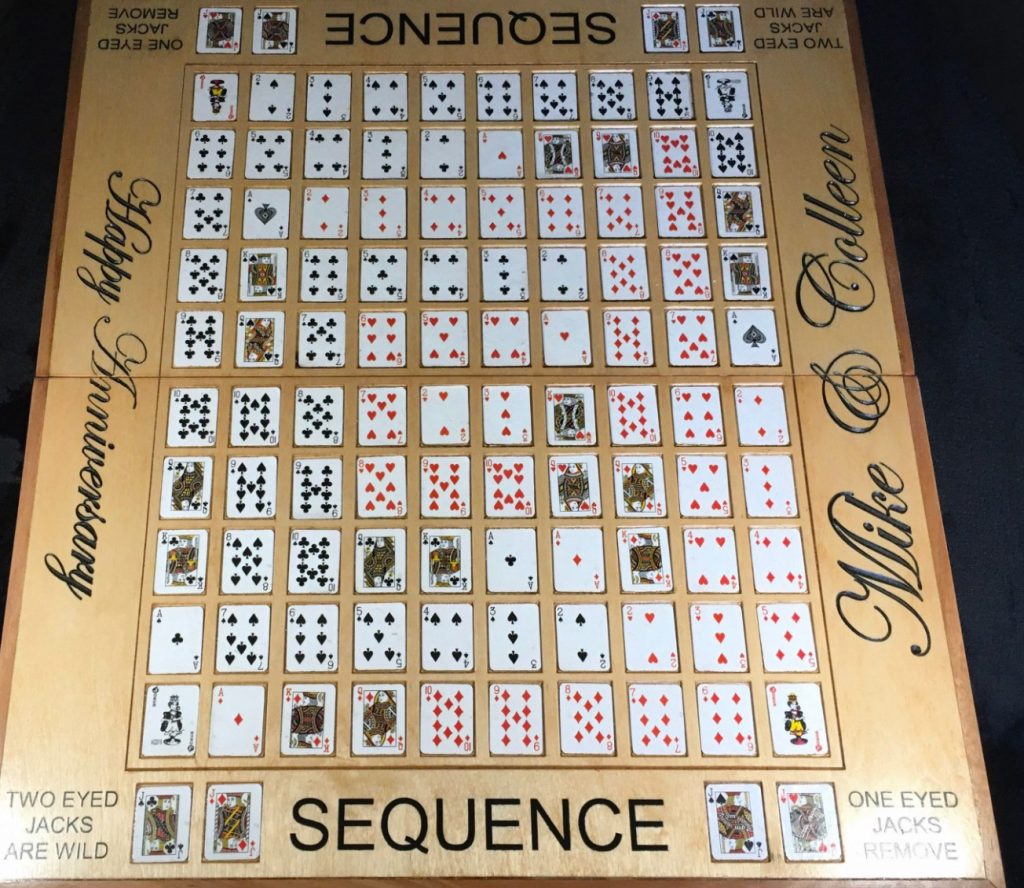
Part 2: The Art of Deduction
Disproving the Accusation:
The heart of Clue lies in disproving suggestions. After a player makes a suggestion, the player to their left has the opportunity to disprove it. They do this by secretly showing one card from their hand (suspect, weapon, or room) that contradicts the suggestion, if they have one. This crucial exchange reveals which cards a player doesn’t hold, allowing you to refine your deductions. Remember, you can only show one card, even if you have multiple that disprove the suggestion.
Note Taking and Keen Observation:
An astute detective understands the importance of detailed record-keeping. Utilize the detective’s notepad provided in the game to meticulously track all the suggestions made and the cards revealed during disproofs. This careful log serves as a crucial tool in eliminating cards from suspicion and identifying any discrepancies or irregularities in the actions of other players. Additionally, it’s essential to closely observe the behavior of your fellow players, as their actions can provide valuable insights. For instance, a player who appears overly zealous in their efforts to disprove a specific suggestion may be holding one of the cards involved. By maintaining this meticulous record and carefully observing the interactions and actions of other players, you can enhance your deductive skills and boost your chances of successfully solving the mystery. This attention to detail and astute observation adds a significant layer of strategy and engagement to the Clue experience, providing a gratifying challenge for those seeking to unravel the enigma.
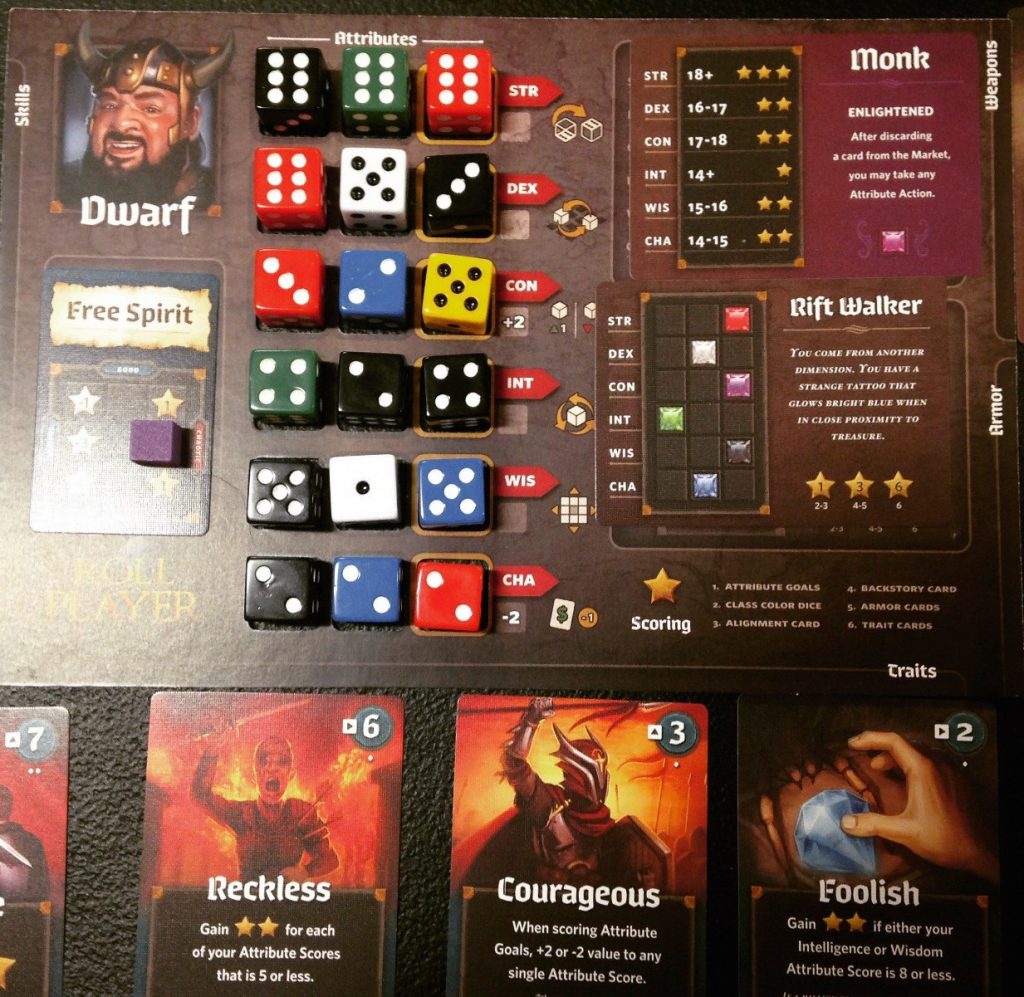
Part 3: Strategic Maneuvering
The Power of False Accusations:
Though the overarching goal in Clue is to solve the actual crime, a well-timed false accusation can be a powerful strategic move. If you suspect a particular player may be in possession of a crucial card, consider making a suggestion that includes it. Even if they can disprove it, this tactic compels them to disclose valuable information and can potentially constrain their future options. However, it’s crucial to use this strategy judiciously. Excessive false accusations can undermine your credibility and make you appear unreliable, ultimately hindering your own investigative efforts. Therefore, it’s essential to carefully balance the use of false accusations with genuine attempts to solve the case, ensuring that your actions maintain an air of trustworthiness and strategic acumen. Appropriately employing this tactic adds depth and intrigue to the gameplay, enhancing the challenge and excitement of the Clue experience while providing an additional layer of strategic nuance.
Secret Passages and Calculated Movement:
The mansion’s layout offers strategic advantages. Corner rooms (like the Conservatory and the Study) are connected by secret passages, allowing movement between them without rolling the die. Utilize this to your advantage, especially if you’re stuck in a central location like the Hall. Additionally, plan your movement based on potential upcoming suggestions. If you suspect the Lounge might be the crime scene, position yourself strategically to move there on your next turn.

Part 4: Cracking the Case and Winning the Game
The Winning Move:
When you feel confident that you’ve successfully cracked the case in Clue, it’s time to make your accusation. You have the opportunity to do this on your turn, regardless of your current location on the board. State the suspect, the weapon, and the room you believe to be associated with the crime. If your accusation aligns with the cards concealed in the envelope at the center of the board, you emerge victorious. You have successfully exposed the true perpetrator and solved the mystery. Making this critical accusation requires careful consideration and a thorough analysis of the clues and deductions you’ve gathered throughout the game. It offers a thrilling climax to the gameplay. You test your investigative skills and intuition in a bid to outsmart your opponents and emerge as the ultimate detective. This climactic moment is what gives Clue its intense and exhilarating edge. It offers a well-earned sense of accomplishment to the successful player.
Advanced Strategies for Master Detectives:
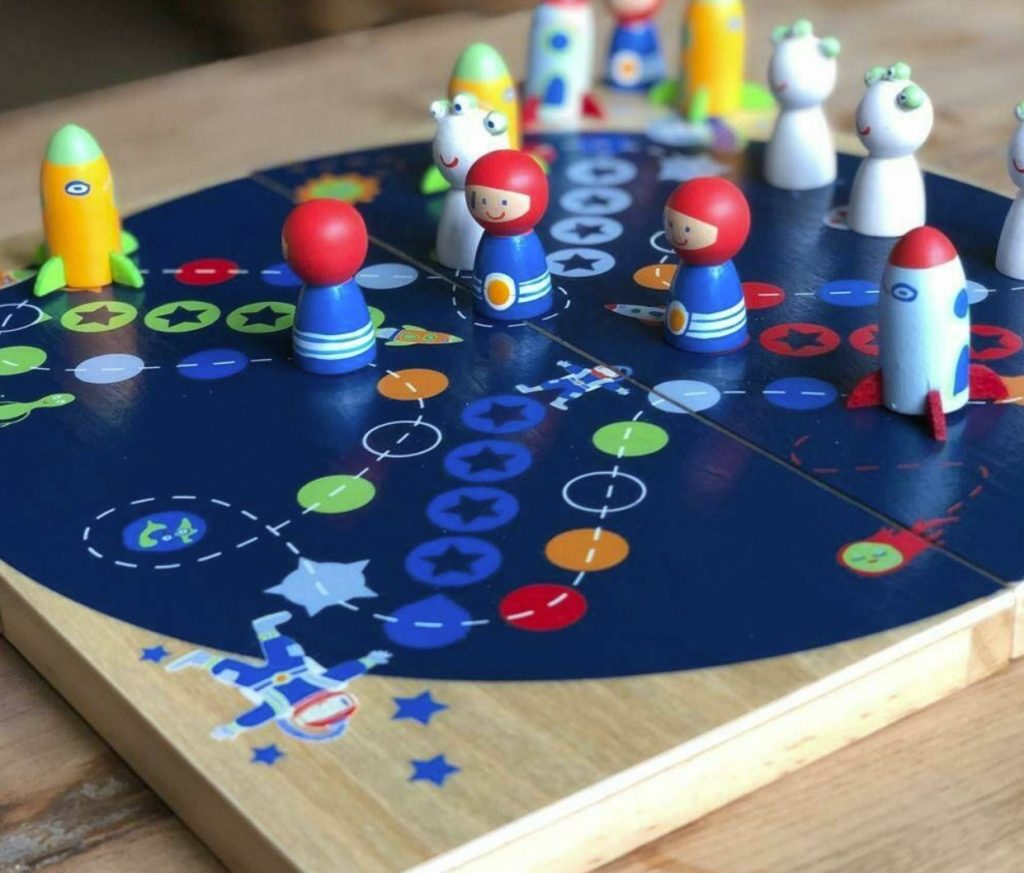
As you progress in your mastery of Clue, it’s essential to delve into more sophisticated strategies. Pay close attention to the sequence in which players disprove suggestions. This observation can unveil patterns and potentially uncover who might be closer to solving the mystery. Additionally, consider strategically positioning yourself next to a skilled player. Doing so can indirectly benefit you as you may gain insights from their deductions and observations, providing valuable assistance in your quest to solve the case. By actively exploring these advanced strategies and strategic choices, you can significantly elevate your Clue gameplay, adding complexity and depth to the experience. Embracing these advanced tactics allows you to appreciate the nuances of the game, providing a more strategic and challenging dimension to your Clue gameplay while enhancing the satisfaction of piecing together the puzzle to uncover the truth.



